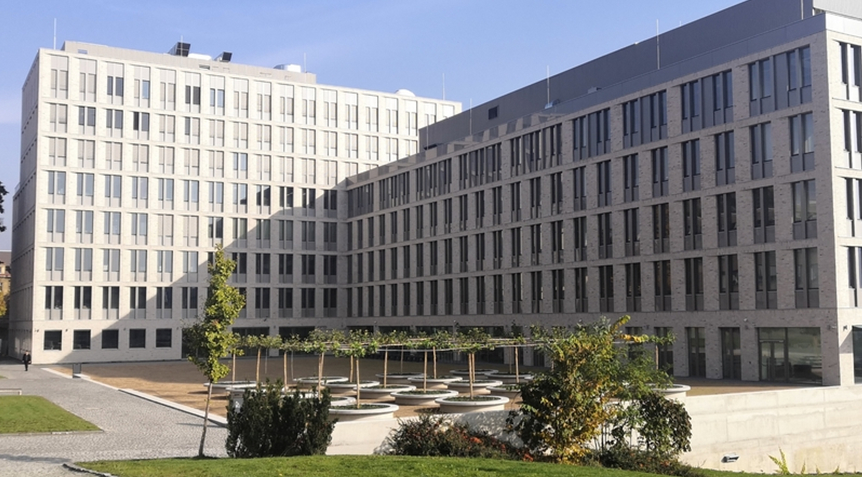Jan Evangelista Purkine University is a modern scientific, educational and cultural center of the Usti region and makes a significant contribution to its development.

Jan Evangelista Purkine University is a modern scientific, educational and cultural center of the Usti region and makes a significant contribution to its development.
This school in 1959 was called the Pedagogical Institute, and then in 1964 the Faculty of Education in Usti nad Labem was founded. On September 28, 1991, the University of Jan Evangelista Purkine was established in Usti nad Labem, which includes three faculties and one institute.

The Faculty of Socio-Economics is one of the faculties aimed at economic and social research. It was created in 1991, and its main task is to train qualified specialists for the public and private sectors in the framework of the following bachelor and master programs.

Since its inception, the faculty has its own art-production style, which works with industrial and manufacturing enterprises, with cultural, business and many other organizations and institutions. Teachers and students in the classroom and in their creative and scientific activities are trying to find new creative methods.

The faculty is currently training techno-economic specialists in bachelor’s, master’s and doctoral programs: mechanical engineering technology, bachelor’s and master’s degrees and bachelor’s degree in software engineering, as well as specialization in pedagogy. The activity of the faculty is not only educational and pedagogical, but also research. In the field of science and scientific achievements, scientists present their results at conferences and in professional literature.

The Faculty of Environmental Sciences is focused on research and education in a wide area of ecology and the environment. He carries out a study of the causes of violations of the fundamental elements of the environment, ways and means of rehabilitation and preventive measures, in particular in the field of environmental protection. Training programs are focused on the principle of flexibility and a balanced share of the natural sciences, technical, economic and information fields.

The Philosophical Faculty is the faculty of the university-oriented teaching and research in the humanities. In its work, the faculty focuses on original research activities, trying to create conditions for the widest possible access to higher education. The Faculty of Philosophy was established on September 2006. The forerunner of the faculty was the Institute for Humanitarian Studies, which was created by order of the Academic Council of the university. With the creation of the new faculty, a long transformation process was completed, which resulted in a new and stable UJEP structure.

For almost fifty years, the Faculty of Education has been a scientific, cultural and educational center in the region. The Faculty of Education is the largest faculty of the University of Jan Evangelista. He prepares students for teaching professions and more. 3400 full-time students and another 600 students in combined forms of study provide their audiences, dormitories and gyms. Their training is provided by 18 scientific and educational departments (the Center for Practical Education, the language training center, the center for intercultural education and the multimedia resources department).

The mission of the faculty is the transfer and development of knowledge in the field of natural sciences. The faculty also aims to significantly strengthen scientific research in the field of natural sciences in order to achieve more active participation in the European scientific space and international cooperation networks. Higher education is being taught for all three degrees (bachelor, master, doctor). The faculty prepares practitioners, teachers for the 2nd grade of primary school and for high school. The aim is to prepare graduates in such a way that they can fully participate in the labor market or conduct research.

The Institute for Medical Research is a new, rapidly growing part of UJEP. It appeared in 2003, taking into account new requirements for training, in combination with the requirements of the EU and the medical centers of the region. Higher education is continuously built on the concept of the educational process of medical disciplines. Allows you to get a profession related to the provision of medical care.